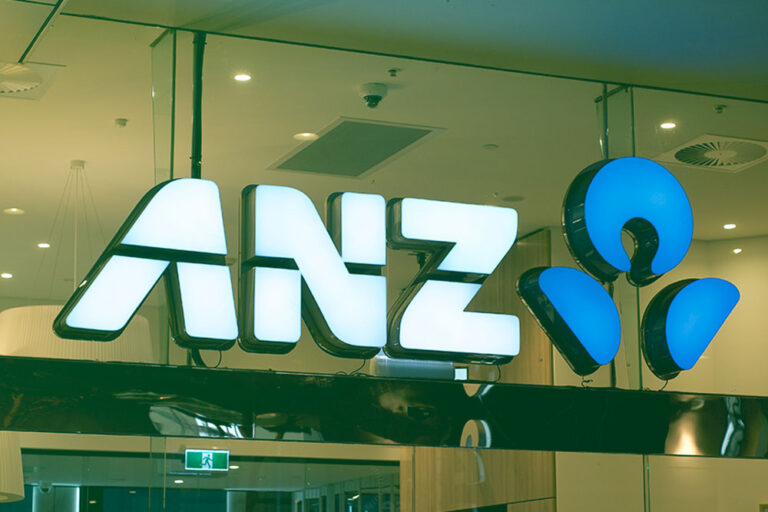
Today ANZ issued a Tier 2 subordinated bond at a margin of 280 basis points over semi annual swap, equivalent to a 6.736% issue yield. The bond has been issued with a fixed rate but converts to a floating rate. The new issue raised A$1 billion.
Tier 2 bonds are usually issued on a 10-year non-call five (10NC5) basis. That is have a minimum five-year term but the term can be extended out to 10 years.
The ANZ Tier 2 issue has a longer term and was issued as a 15NC10. That is the non-call period is 10 years and maturity can be extended out to 15 years at the bank’s option.
Also read: Alexander Funds Makes Key Appointment
Investors are paid a higher yield compared to senior unsecured bonds given:
- subordinated bonds rank behind senior bonds in the priority of payments should the bank get into financial difficulty
- Senior bonds have a definite maturity date, often five years, although terms have been increasing
- The bank needs to ask APRA for approval to repay the subordinated bond at the non-call date
- Subordinated bonds are meant to help protect the bank in case of financial difficulty and convert to equity if APRA deem the bank as ‘non viable’. In that scenario, it’s thought investors would likely lose most if not all of their capital. The conversion is meant to protect senior bonds holders and ensure survival of the bank
The subordinated bond issue was rated by S&P Global as BBB+, was issued in the wholesale over the counter market and was not made available to retail investors.
ANZ has also announced it is considering launching a new Capital Notes offer this month, which may include a limited reinvestment offer for AN3PF holders. In response to the new Design and Distribution Obligations legislation in October 2021, any ANZ Capital Notes offer (including any reinvestment offer) will be limited to wholesale investors and investors receiving personal advice, who apply through a Syndicate Broker.






























